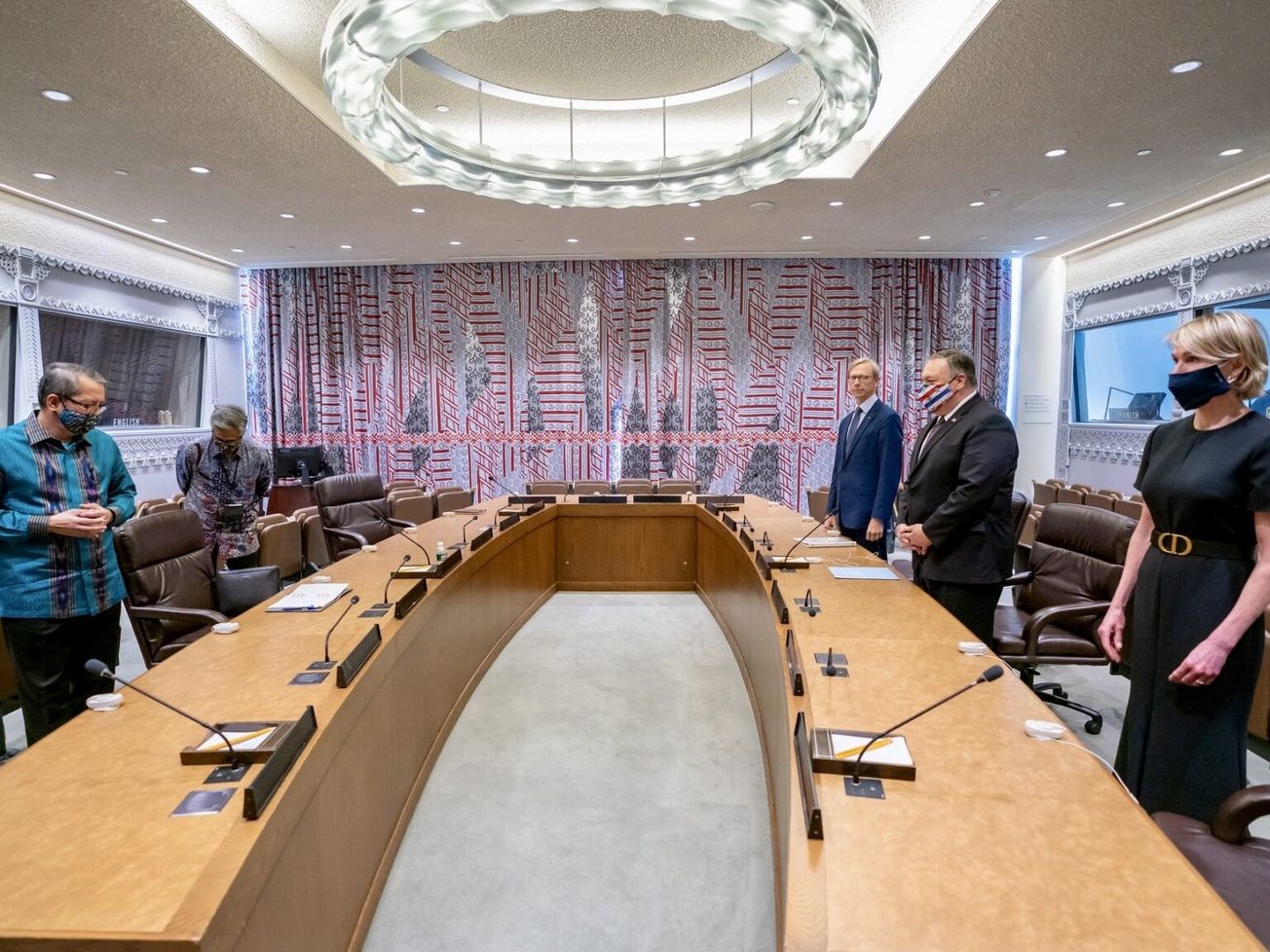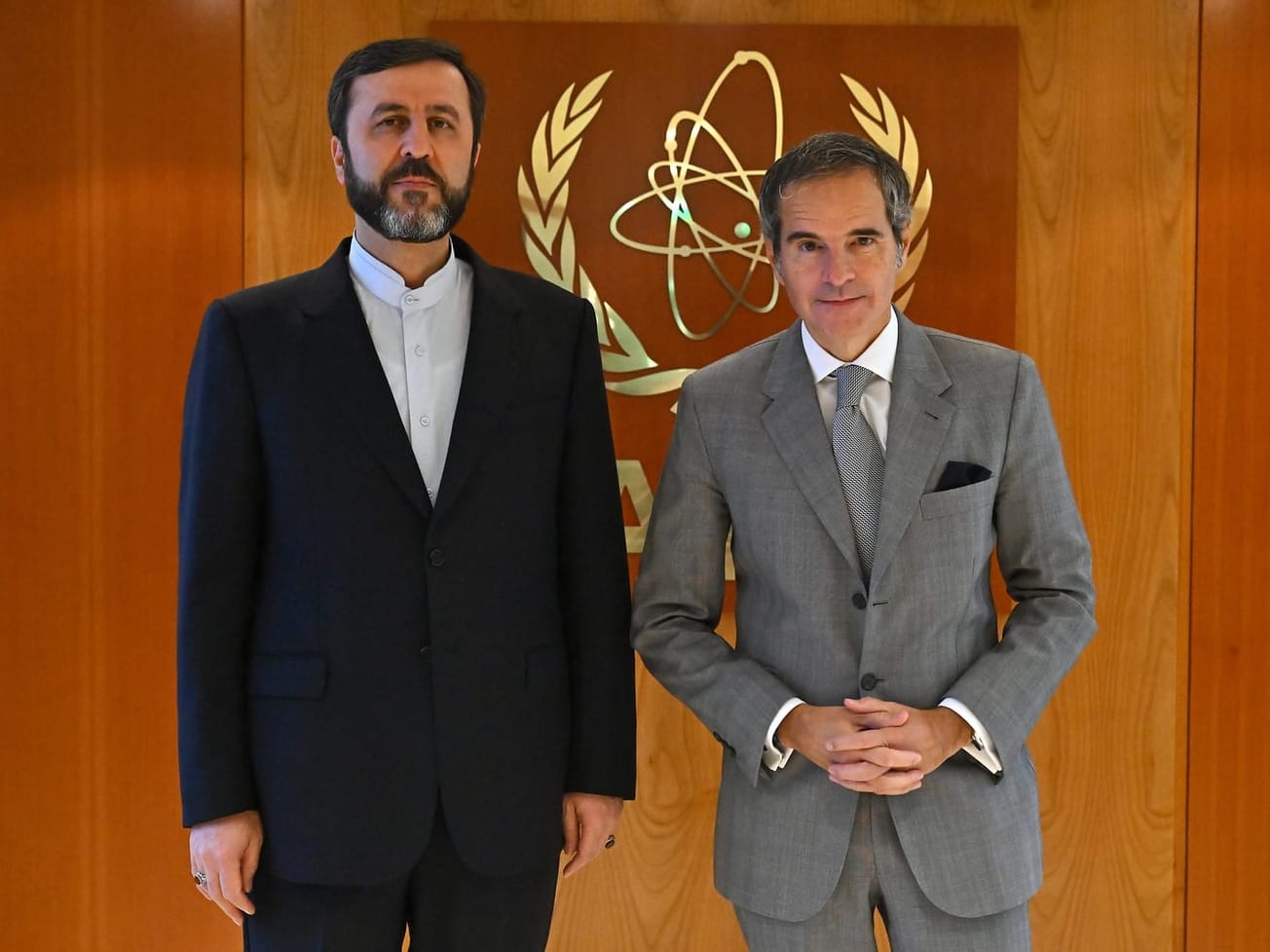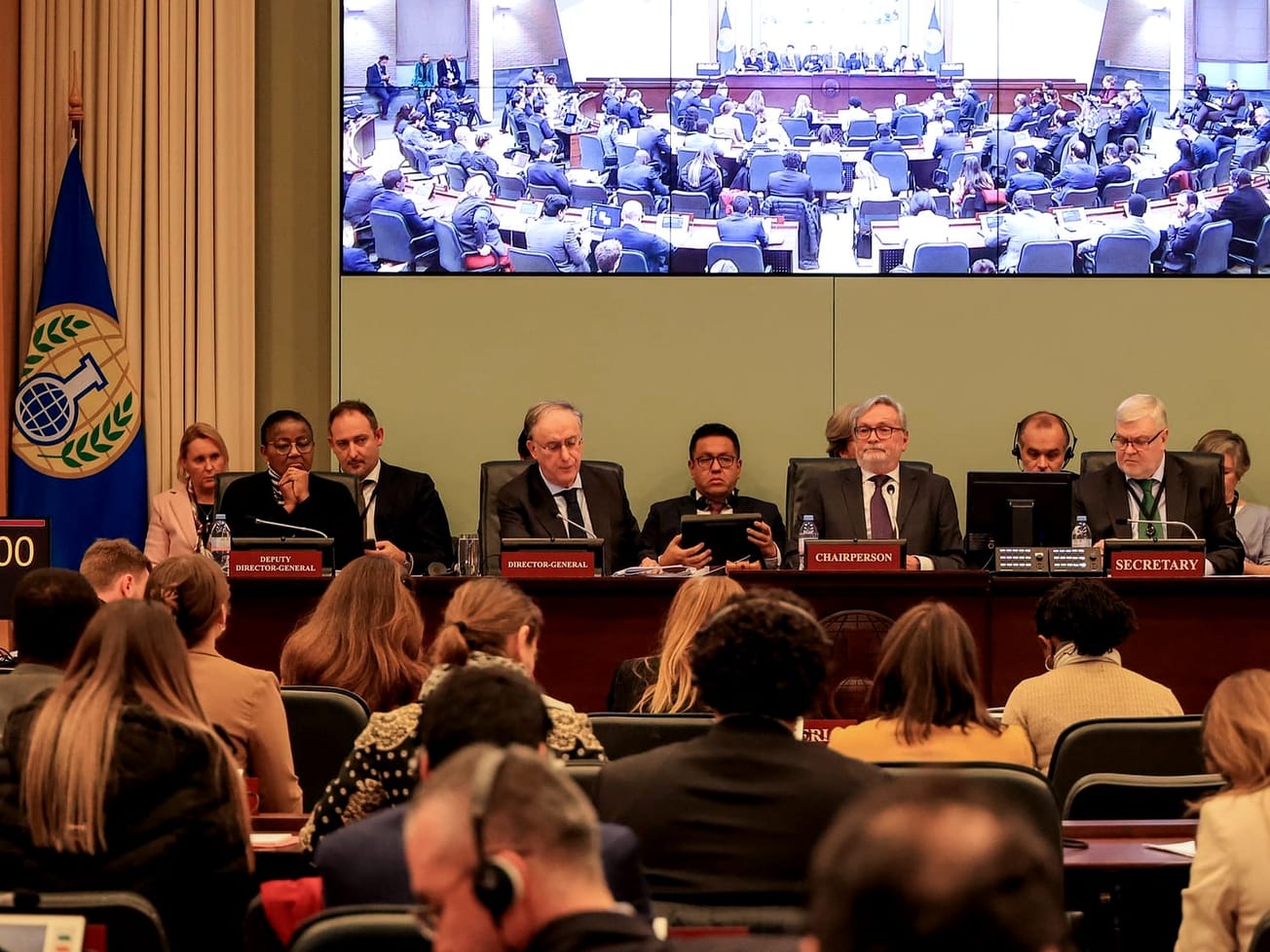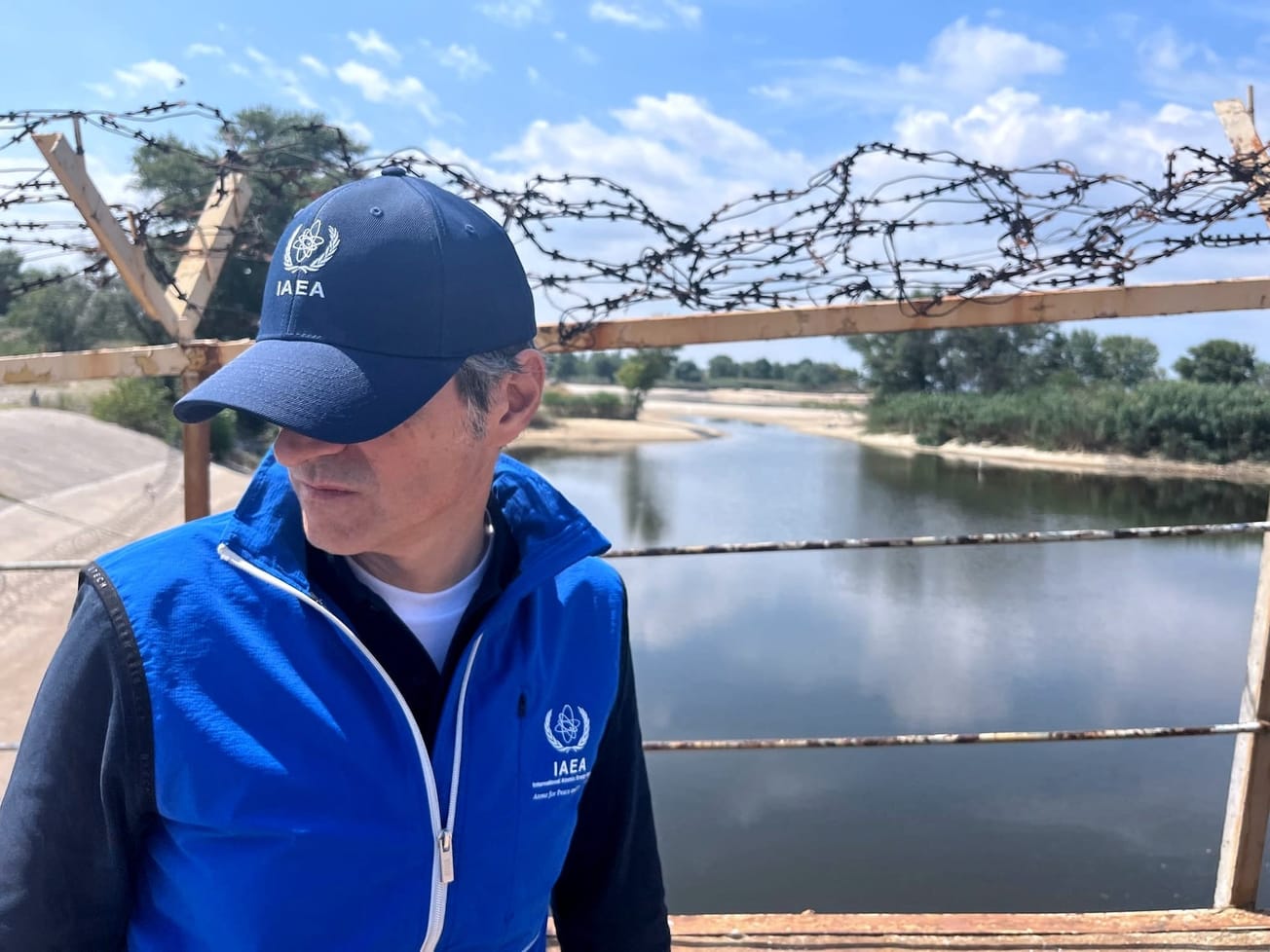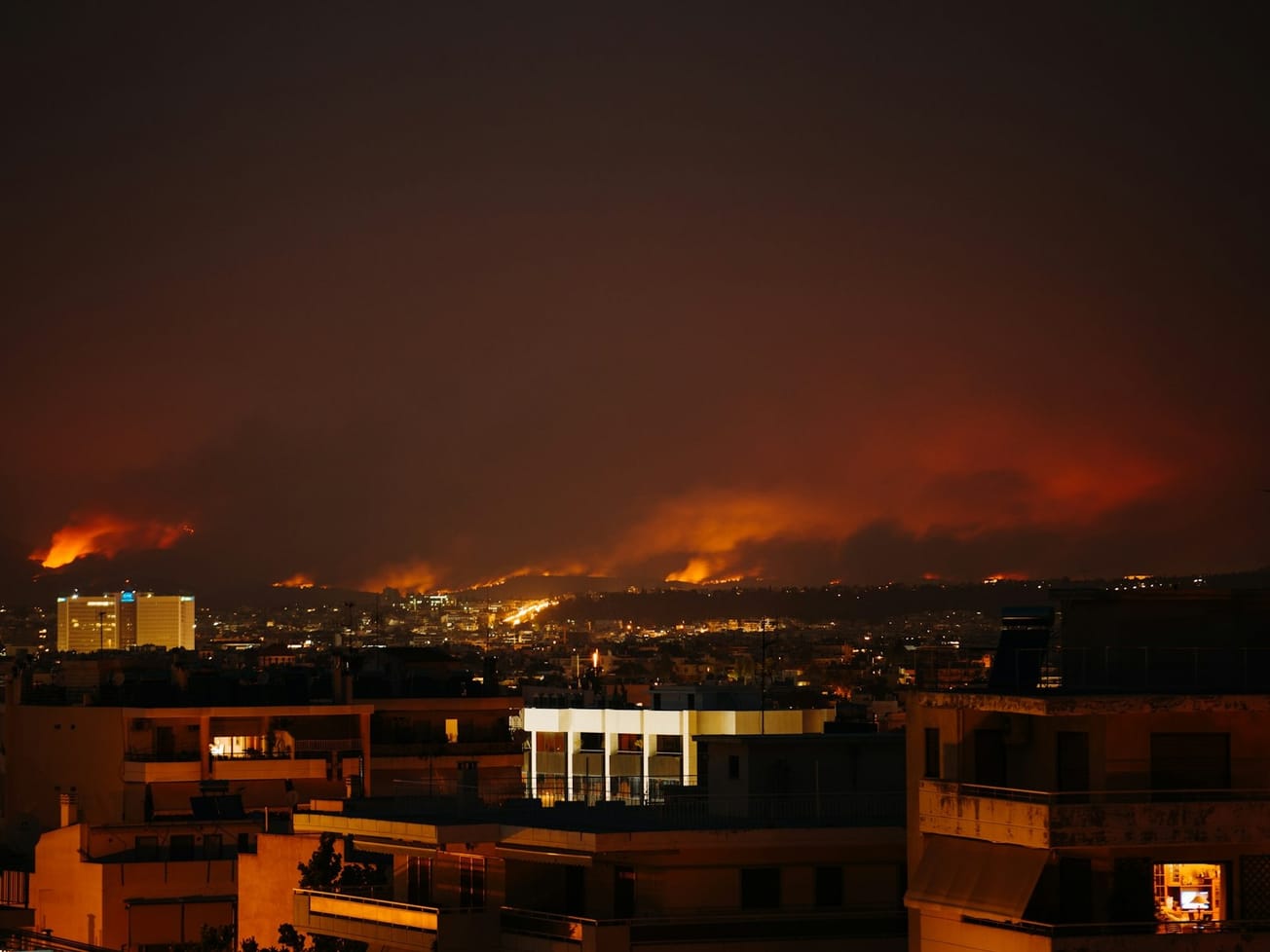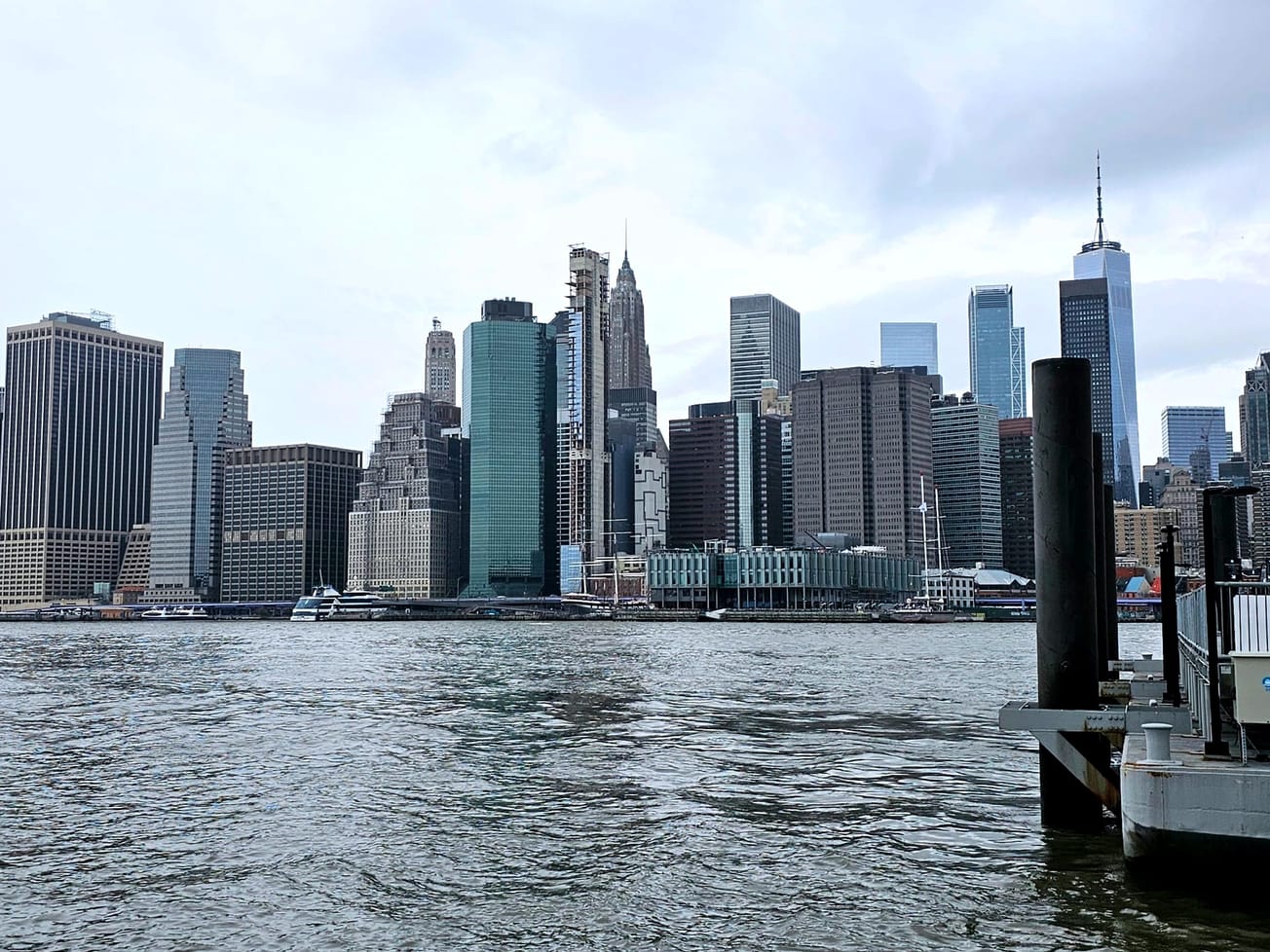UNITED NATIONS (AN) — The United Nations Security Council on Tuesday rejected the United States' attempt to use the 2015 Iran nuclear deal to restore international sanctions against Tehran, further exposing how isolated U.S. President Donald Trump's administration has become from the international community.
Indonesia's U.N. Ambassador Dian Triansyah Djani, whose nation holds this month's rotating council presidency, announced that most of the council's 15 member nations view the U.S. demands as illegal and unreasonable. The only exceptions were the United States and the Dominican Republic.
“Having contacted the members and received letters from many member countries, it is clear to me that there is one member which has a particular position on the issues, while there are significant numbers of members who have contesting views,” he told a virtual council session on Middle East issues. “Thus, the president is not in the position to take further action.”
The Trump administration had sent a formal notice on August 20 demanding the restoration of all U.N. sanctions on Iran — even though the United States withdrew from the nuclear deal two years ago. In delivering the notice to Djani, U.S. Secretary of State Mike Pompeo argued that Tehran's “significant non-performance” under the deal should trigger so-called "snapback" U.N. sanctions.
Pompeo said the 2015 council resolution endorsing the nuclear deal included a provision for snapback sanctions. The deal with Iran included the council's five permanent, veto-wielding members — Britain, China, France, Russia and the United States — plus Germany and the European Union.
"Make no mistake: the U.N. Security Council failed to hold Iran accountable, enabled the world's top state sponsor of terrorism to buy and sell deadly weapons, and ignored the demands of countries in the Middle East," Pompeo said. "We will not continue down a path whose predictable end is more violence, terror, and a nuclear-armed Iran."
At Tuesday's meeting, U.S. Ambassador to the U.N. Kelly Craft echoed Pompeo's remarks and expressed anger at the council's rejection of the Trump administration's demand. She took aim at Russia and China, which she described as leaders of the "dysfunction and failure" to push back against Iran.
"The Trump administration has no fear in standing in limited company on this matter, in light of the unmistakable truth guiding our actions," Kraft said in a statement. "I only regret that other members of this council have lost their way and now find themselves standing in the company of terrorists."
Strong opposition
The nuclear deal known as the Joint Comprehensive Plan of Action, or JCPOA, lifted crippling economic sanctions on Iran and imposed enforceable limits on its nuclear program. Trump's decision to withdraw from it and to reintroduce U.S. sanctions on Iran ratcheted up pressure on Tehran's struggling economy and ruling regime, while further inflaming U.S.-Europe tensions.
Trump had argued that he could force through a better deal through the reimposition of U.S. sanctions. But that did not happen, and the remaining signatories — Britain, China, France, Germany, Russia and the E.U. — stood by the existing deal.
Russia and most of the other council members, including Britain, France and Germany, said the United States has no standing to make demands because the Trump administration withdrew from deal in 2018.
China’s U.N. Ambassador Zhang Jun said the United States was now “trying to turn black white, and once again I can assure you that their attempt will never succeed.”
Russia’s U.N. Ambassador Vassily Nebenzia noted that most of the council “confirmed the paramount need to preserve the JCPOA” for global security. He said the U.S. view on snapback sanctions "is not only illegal but simply will not lead to achieving the result that was envisaged by the United States."
The Vienna-based International Atomic Energy Agency, the U.N.'s nuclear watchdog agency, has reported that Iran violated parts of the agreement. Tehran, however, described its actions as an appropriate response to the Trump administration reneging on the deal and reimposing U.S. sanctions.
France’s Deputy U.N. ambassador Anne Gueguen said her nation, Britain and Germany believe in addressing “systematic Iranian non-compliance with its JCPOA commitments” through talks in Vienna. The signatories to the nuclear deal also have agreed to let an embargo on arms trade with Iran expire this year on October 18.
The council imposed a partial embargo on the export of nuclear-related technology to Iran in 2006, then added an embargo on arms exports from Iran in 2007. The council's embargo on the export of most major conventional weapons to Iran followed in 2010, and was amended in 2015 to allow specific exemptions.
Council members voted 2-2 earlier this month to reject a U.S. resolution seeking to extend the 13-year-old arms embargo indefinitely. Once again only the Dominican Republic took the side of the Trump administration by voting in favor of that resolution; Russia and China were opposed.
Eleven other members, including Britain, France and Germany, abstained from that vote. At least nine council votes in favor of a measure are needed for it to pass.

